The Maharashtra government’s list of greatest Marathi works has no place for Dalit stalwarts.
Even six decades independence, the state that gave birth to Dalit icons like Chhatrapati Shahu Maharaj, Jyotiba Phule, and Dr BR Ambedkar seems to be in the grip of casteist prejudices. Why else would the Maharashtra government’s monthly mouthpiece, Lokrajya, exclude major Dalit litterateurs in its list of great Marathi writers, Dalits across the state want to know.
The June-July 2011 issue of Lokrajya, a literature special, carries a list of the greatest works in Marathi. The list was compiled by a panel comprising stalwarts such as Govind Talwalkar, Aroon Tikekar, Arun Athalye and P L Deshpande. All the more strange that it has chosen to leave out all the Dalit literary heavyweights — Baburao Bagul, Annabhau Sathe, Narayan Surve, Waman Nimbalkar, Tryambak Sapkale, Arjun Dangle, Namdeo Dhasal, Umakant Randhir, JV Pawar, Urmila Pawar, Datta Bhagat, Tarachandra Khandekar, Yogiraj Waghmare, Avinash Dolas, Yogendra Meshram and Bhimrao Shirvale. Ironically, many of these are writers who have been honoured by the state.
Incidentally, the three seemingly obligatory mentions of Dr Babasaheb Ambedkar (interestingly, the work chosen is only a Marathi translation of his Who Were The Shudras?), Daya Pawar, and Laxman Mane seems to have only added to the ire. An angry Mane said, “The inclusion of my name in the list of 172 while so many stalwarts were left out is an outrage. Is the government saying their work is not literature?”
Panelist Aroon Tikekar seems to think so. When asked about the list, he said, “Our compilation was a subjective exercise and
we have gone by the tenets of what we believe qualifies as
literature.’”
So does that mean that the works of Baburao Bagul, Namdeo Dhasal, Narayan Surve, and Annabhau Sathe don’t qualify as literature? Despite the fact that many of their works have been canonized, and are part of university syllabi not only in Maharashtra, but also in universities around the world?
With a circulation of 3.8 lakh, Lokrajya, published by the state government’s Directorate General of Information and Public Relations (DGIPR), is the most widely read government publication in the country. “This is why this glaring lapse is unpardonable,” says Ganpat Bhise of the Samjik Nyay Andolan (SNA), an organisation that campaigns for Dalit rights. Like other Dalit organisations, SNA too has shot off letters to chief minister Prithviraj Chavan and deputy chief minister Ajit Pawar, demanding corrective action. “We want the special issue withdrawn, it should be reprinted with an apology to the nearly 12 lakh Dalits in the state, and with a new list that includes the great Dalit writers,” says the letter.
Eminent Dalit writer Namdeo Dhasal is livid. “All these upper caste bureaucrats who have nothing do with literature should be publicly kicked in the behind for allowing this to happen,” he said.
“That this should happen when we are set to mark Annabhau Sathe’s 91st birth anniversary on August 1st is shameful. Our government is stuck in its old feudal, casteist mindset.”
Well known Dalit author Arjun Dangle, too, expressed his disappointment. “Why is a government publication lending itself to the upper-caste agenda of negating Dalit contribution to Marathi literature?” he asked.
“Since the panelists are ‘knowledgeable,’ such exclusion is obviously agenda-driven.”
However, DGIPR head Vijay Nahata believes it is a non-issue. “It’s not like this is the last issue of Lokrajya. There will be future issues, and we can always carry additions to the list.” His deputy, Prahlad Jadhav, added, “Working on this issue was like diving into the ocean. There can be no end to the pearls you find. The exclusions are not deliberate.”
![submenu-img]() House of the Dragon season 2 trailer: Rhaenyra wages an unwinnable war against Aegon, Dance of the Dragons begins
House of the Dragon season 2 trailer: Rhaenyra wages an unwinnable war against Aegon, Dance of the Dragons begins![submenu-img]() Panchayat season 3 trailer: Jitendra Kumar returns as sachiv, Neena, Raghubir get embroiled in new political tussle
Panchayat season 3 trailer: Jitendra Kumar returns as sachiv, Neena, Raghubir get embroiled in new political tussle![submenu-img]() Apple partners up with Google against unwanted tracker, users will be alerted if…
Apple partners up with Google against unwanted tracker, users will be alerted if…![submenu-img]() Meet actress whose debut film was superhit, got married at peak of career, was left heartbroken, quit acting due to..
Meet actress whose debut film was superhit, got married at peak of career, was left heartbroken, quit acting due to..![submenu-img]() Who is the real owner of Delhi's Connaught Place and who collects rent from here?
Who is the real owner of Delhi's Connaught Place and who collects rent from here?![submenu-img]() Meet man who is 47, aspires to crack UPSC, has taken 73 Prelims, 43 Mains, Vikas Divyakirti is his...
Meet man who is 47, aspires to crack UPSC, has taken 73 Prelims, 43 Mains, Vikas Divyakirti is his...![submenu-img]() IIT graduate gets job with Rs 100 crore salary package, fired within a year, he is now working as…
IIT graduate gets job with Rs 100 crore salary package, fired within a year, he is now working as…![submenu-img]() Goa Board SSC Result 2024: GBSHSE Class 10 results to be out today; check time, direct link here
Goa Board SSC Result 2024: GBSHSE Class 10 results to be out today; check time, direct link here![submenu-img]() CUET-UG 2024 scheduled for tomorrow postponed for Delhi centres; check new exam date here
CUET-UG 2024 scheduled for tomorrow postponed for Delhi centres; check new exam date here![submenu-img]() Meet man who lost eyesight at 8, bagged record-breaking job package at Microsoft, not from IIT, NIT, VIT, his salary is…
Meet man who lost eyesight at 8, bagged record-breaking job package at Microsoft, not from IIT, NIT, VIT, his salary is…![submenu-img]() DNA Verified: Is CAA an anti-Muslim law? Centre terms news report as 'misleading'
DNA Verified: Is CAA an anti-Muslim law? Centre terms news report as 'misleading'![submenu-img]() DNA Verified: Lok Sabha Elections 2024 to be held on April 19? Know truth behind viral message
DNA Verified: Lok Sabha Elections 2024 to be held on April 19? Know truth behind viral message![submenu-img]() DNA Verified: Modi govt giving students free laptops under 'One Student One Laptop' scheme? Know truth here
DNA Verified: Modi govt giving students free laptops under 'One Student One Laptop' scheme? Know truth here![submenu-img]() DNA Verified: Shah Rukh Khan denies reports of his role in release of India's naval officers from Qatar
DNA Verified: Shah Rukh Khan denies reports of his role in release of India's naval officers from Qatar![submenu-img]() DNA Verified: Is govt providing Rs 1.6 lakh benefit to girls under PM Ladli Laxmi Yojana? Know truth
DNA Verified: Is govt providing Rs 1.6 lakh benefit to girls under PM Ladli Laxmi Yojana? Know truth![submenu-img]() Ananya Panday stuns in unseen bikini pictures in first post amid breakup reports, fans call it 'Aditya Roy Kapur's loss'
Ananya Panday stuns in unseen bikini pictures in first post amid breakup reports, fans call it 'Aditya Roy Kapur's loss'![submenu-img]() Remember Harsh Lunia? Just Mohabbat child star, here's how former actor looks now, his wife is Bollywood's popular...
Remember Harsh Lunia? Just Mohabbat child star, here's how former actor looks now, his wife is Bollywood's popular...![submenu-img]() Mother's Day 2024: Bollywood supermoms who balance motherhood, acting, and run multi-crore businesses
Mother's Day 2024: Bollywood supermoms who balance motherhood, acting, and run multi-crore businesses![submenu-img]() Rocky Aur Rani's Golu aka Anjali Anand shocks fans with drastic weight loss without gym, says fitness secret is...
Rocky Aur Rani's Golu aka Anjali Anand shocks fans with drastic weight loss without gym, says fitness secret is...![submenu-img]() In pics: Ram Charan gets mobbed by fans during his visit to Pithapuram for ‘indirect campaign’ for uncle Pawan Kalyan
In pics: Ram Charan gets mobbed by fans during his visit to Pithapuram for ‘indirect campaign’ for uncle Pawan Kalyan![submenu-img]() Haryana Political Crisis: Will 3 independent MLAs support withdrawal impact the present Nayab Saini led-BJP government?
Haryana Political Crisis: Will 3 independent MLAs support withdrawal impact the present Nayab Saini led-BJP government?![submenu-img]() DNA Explainer: Why Harvey Weinstein's rape conviction was overturned, will beleaguered Hollywood mogul get out of jail?
DNA Explainer: Why Harvey Weinstein's rape conviction was overturned, will beleaguered Hollywood mogul get out of jail?![submenu-img]() What is inheritance tax?
What is inheritance tax?![submenu-img]() DNA Explainer: What is cloud seeding which is blamed for wreaking havoc in Dubai?
DNA Explainer: What is cloud seeding which is blamed for wreaking havoc in Dubai?![submenu-img]() DNA Explainer: What is Israel's Arrow-3 defence system used to intercept Iran's missile attack?
DNA Explainer: What is Israel's Arrow-3 defence system used to intercept Iran's missile attack?![submenu-img]() House of the Dragon season 2 trailer: Rhaenyra wages an unwinnable war against Aegon, Dance of the Dragons begins
House of the Dragon season 2 trailer: Rhaenyra wages an unwinnable war against Aegon, Dance of the Dragons begins![submenu-img]() Panchayat season 3 trailer: Jitendra Kumar returns as sachiv, Neena, Raghubir get embroiled in new political tussle
Panchayat season 3 trailer: Jitendra Kumar returns as sachiv, Neena, Raghubir get embroiled in new political tussle![submenu-img]() Meet actress whose debut film was superhit, got married at peak of career, was left heartbroken, quit acting due to..
Meet actress whose debut film was superhit, got married at peak of career, was left heartbroken, quit acting due to..![submenu-img]() 'Ek actress 9 log saath leke...': Farah Khan criticises entourage culture in Bollywood
'Ek actress 9 log saath leke...': Farah Khan criticises entourage culture in Bollywood![submenu-img]() Bollywood’s 1st multi-starrer had 8 stars, makers were told not to cast Kapoors; not Sholay, Nagin, Shaan, Jaani Dushman
Bollywood’s 1st multi-starrer had 8 stars, makers were told not to cast Kapoors; not Sholay, Nagin, Shaan, Jaani Dushman![submenu-img]() Who is the real owner of Delhi's Connaught Place and who collects rent from here?
Who is the real owner of Delhi's Connaught Place and who collects rent from here?![submenu-img]() Viral video: Chinese artist's flaming 'stairway to heaven' stuns internet, watch
Viral video: Chinese artist's flaming 'stairway to heaven' stuns internet, watch![submenu-img]() Video: White House plays 'Sare Jahan Se Achha Hindustan Hamara" at AANHPI heritage month celebration
Video: White House plays 'Sare Jahan Se Achha Hindustan Hamara" at AANHPI heritage month celebration![submenu-img]() Viral video: Bear rides motorcycle sidecar in Russia, internet is stunned
Viral video: Bear rides motorcycle sidecar in Russia, internet is stunned![submenu-img]() Driver caught on camera running over female toll plaza staff on Delhi-Meerut expressway, watch video
Driver caught on camera running over female toll plaza staff on Delhi-Meerut expressway, watch video

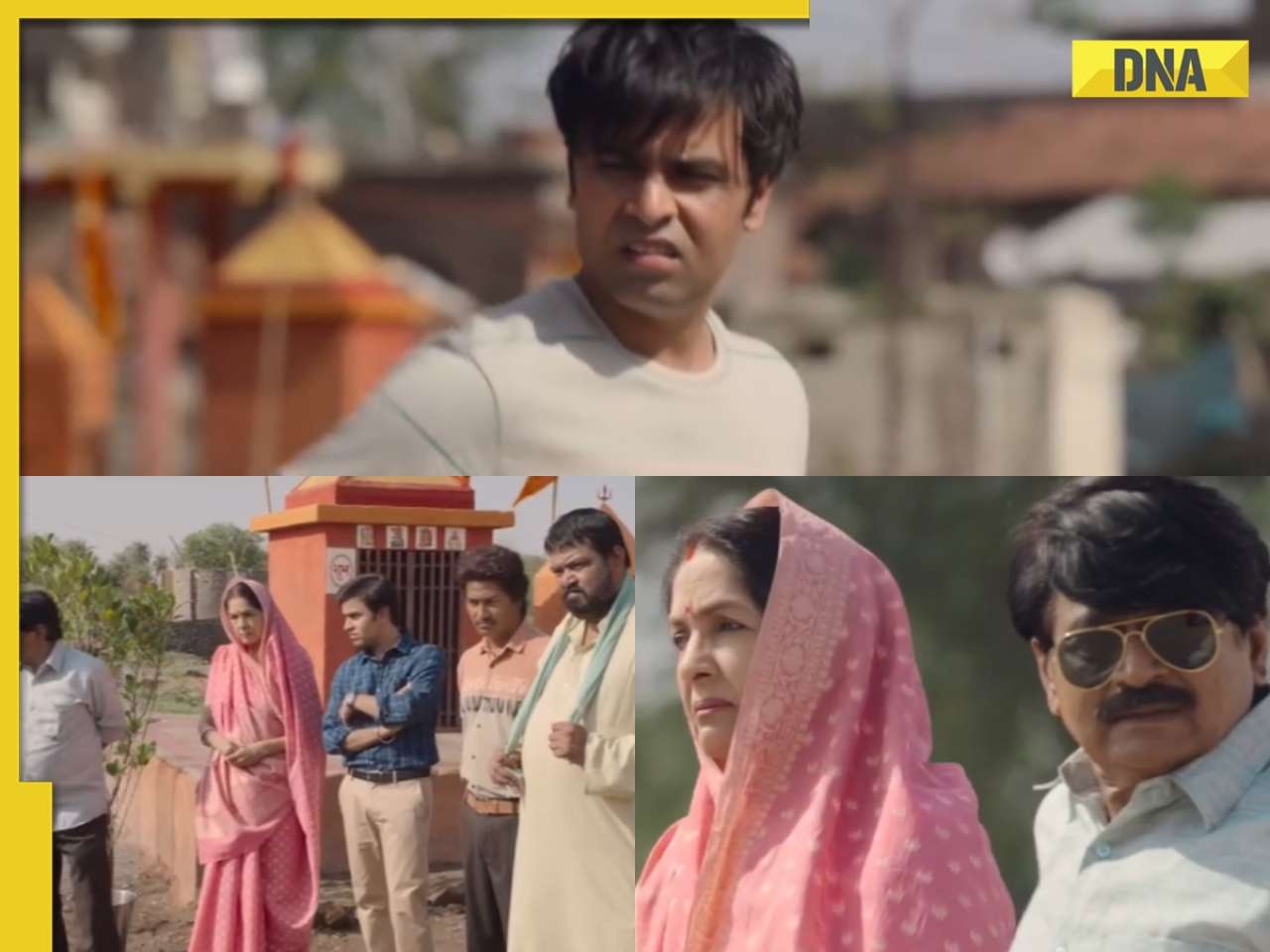










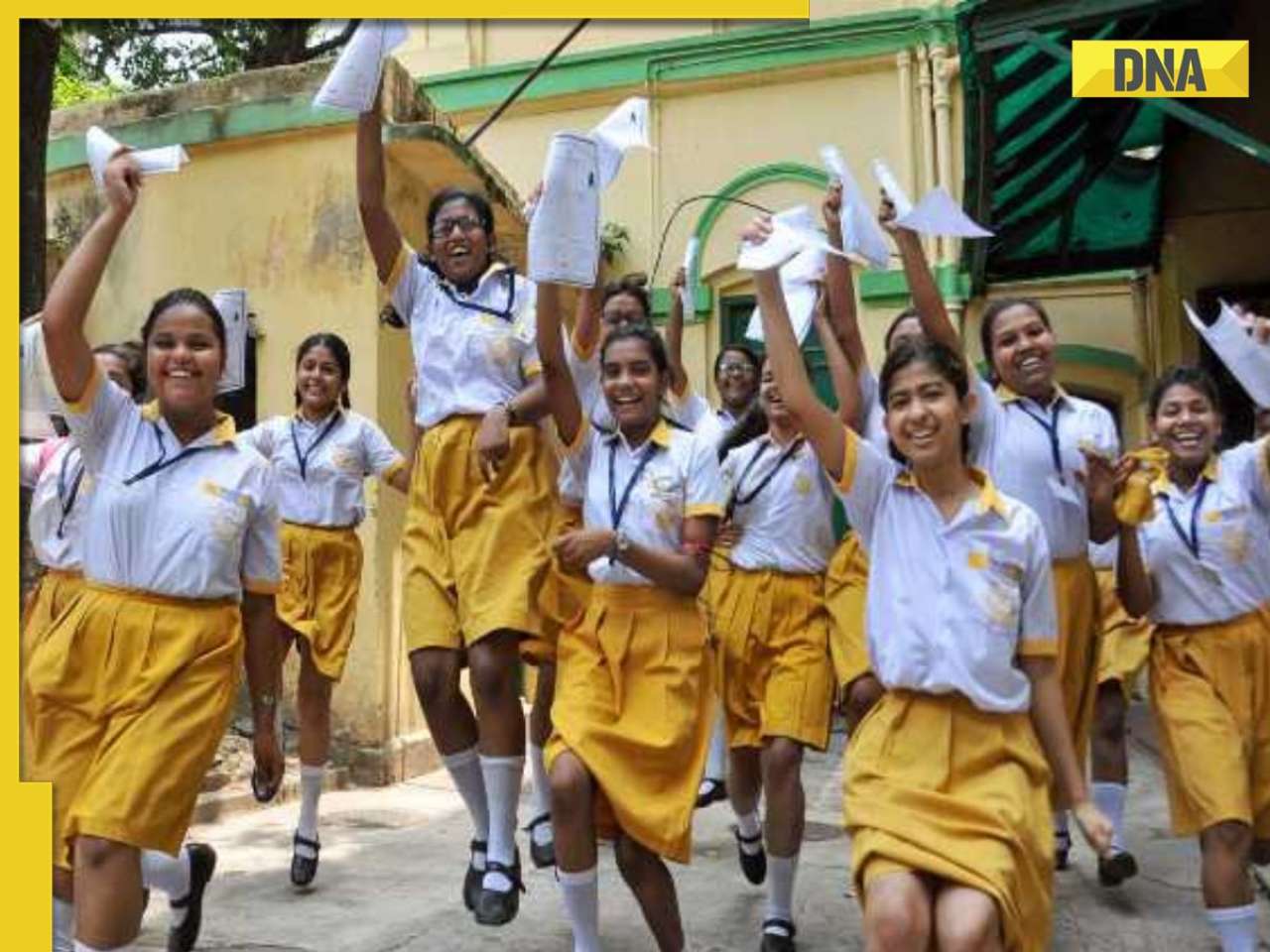
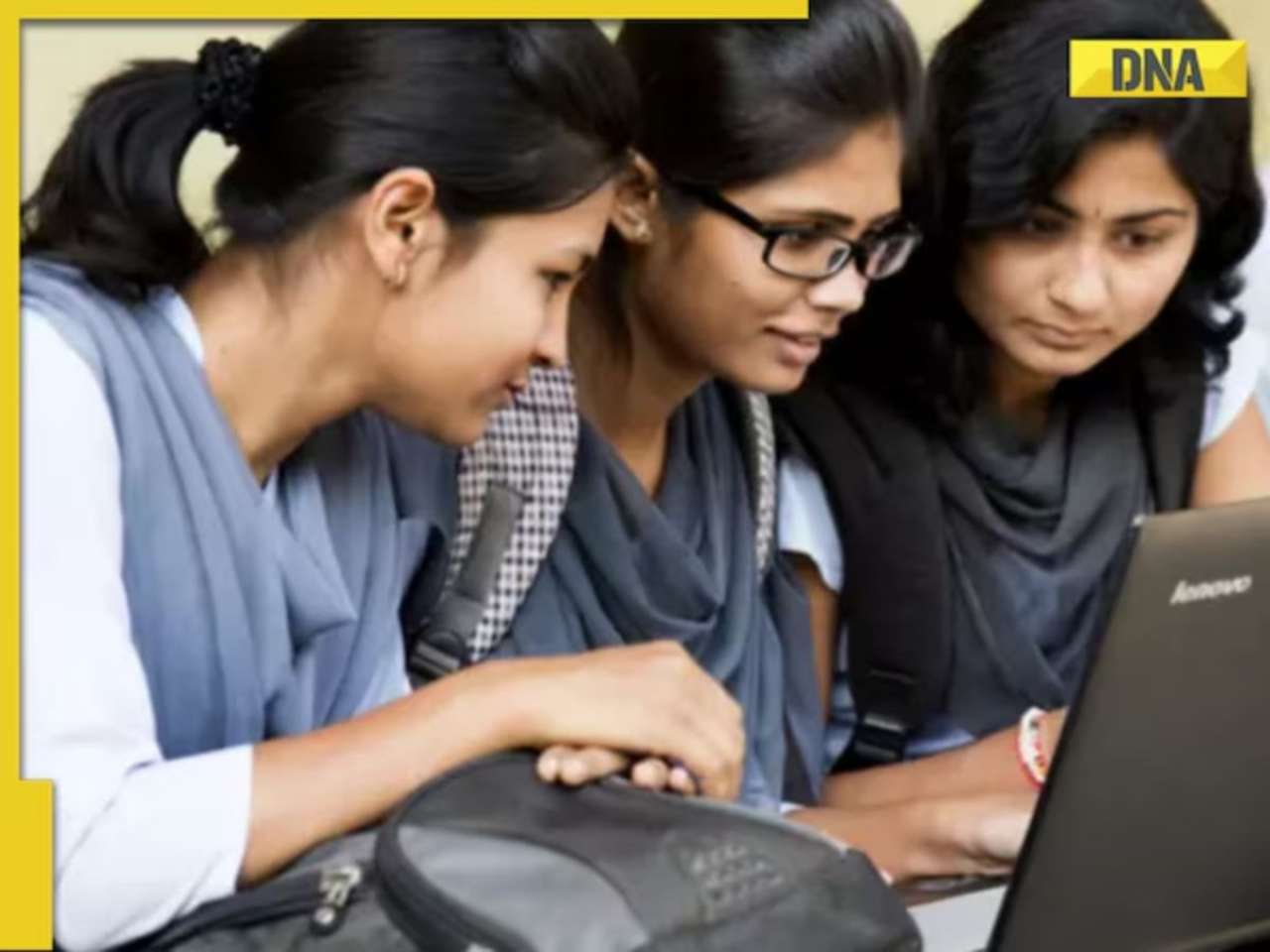

















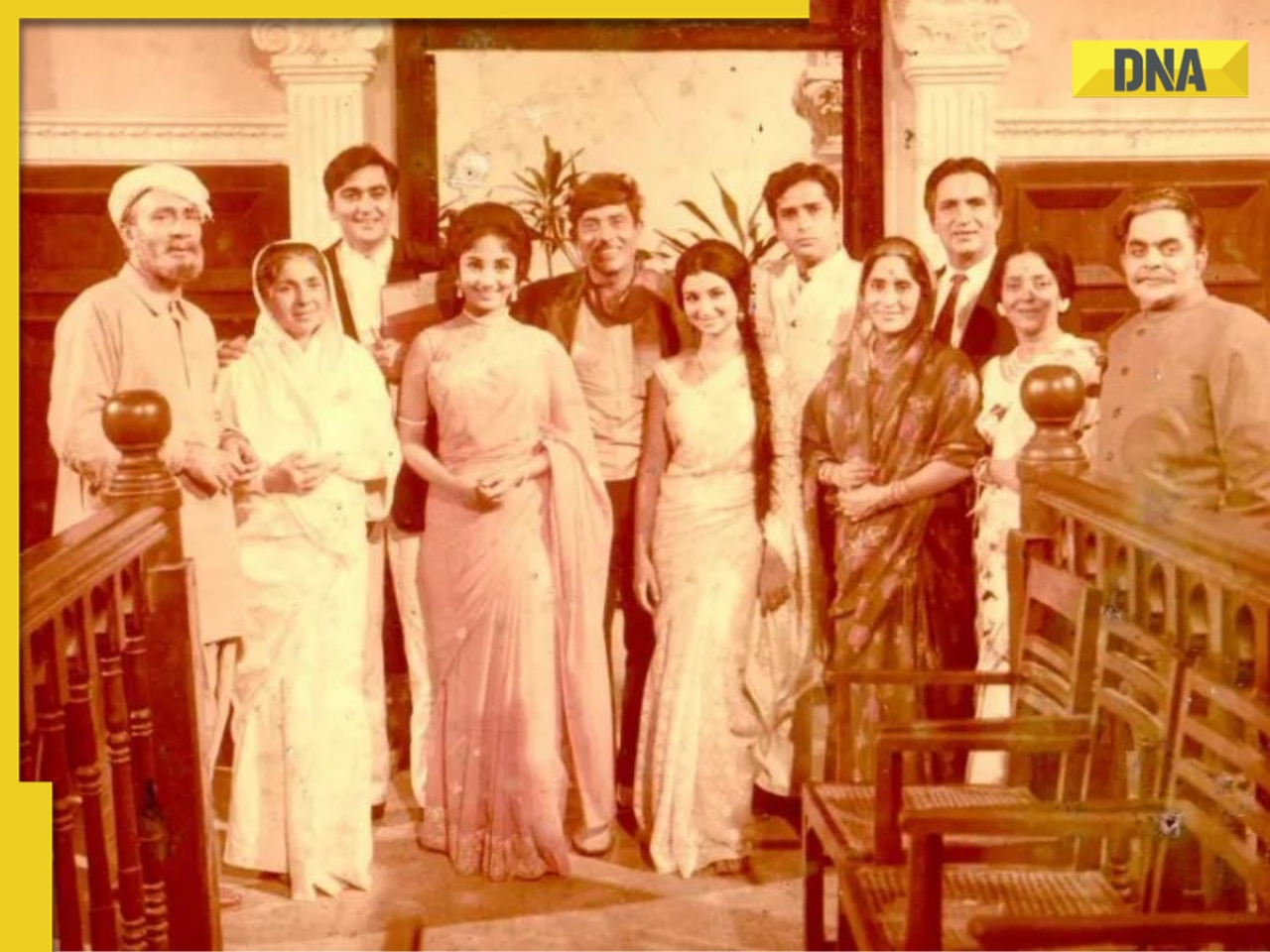
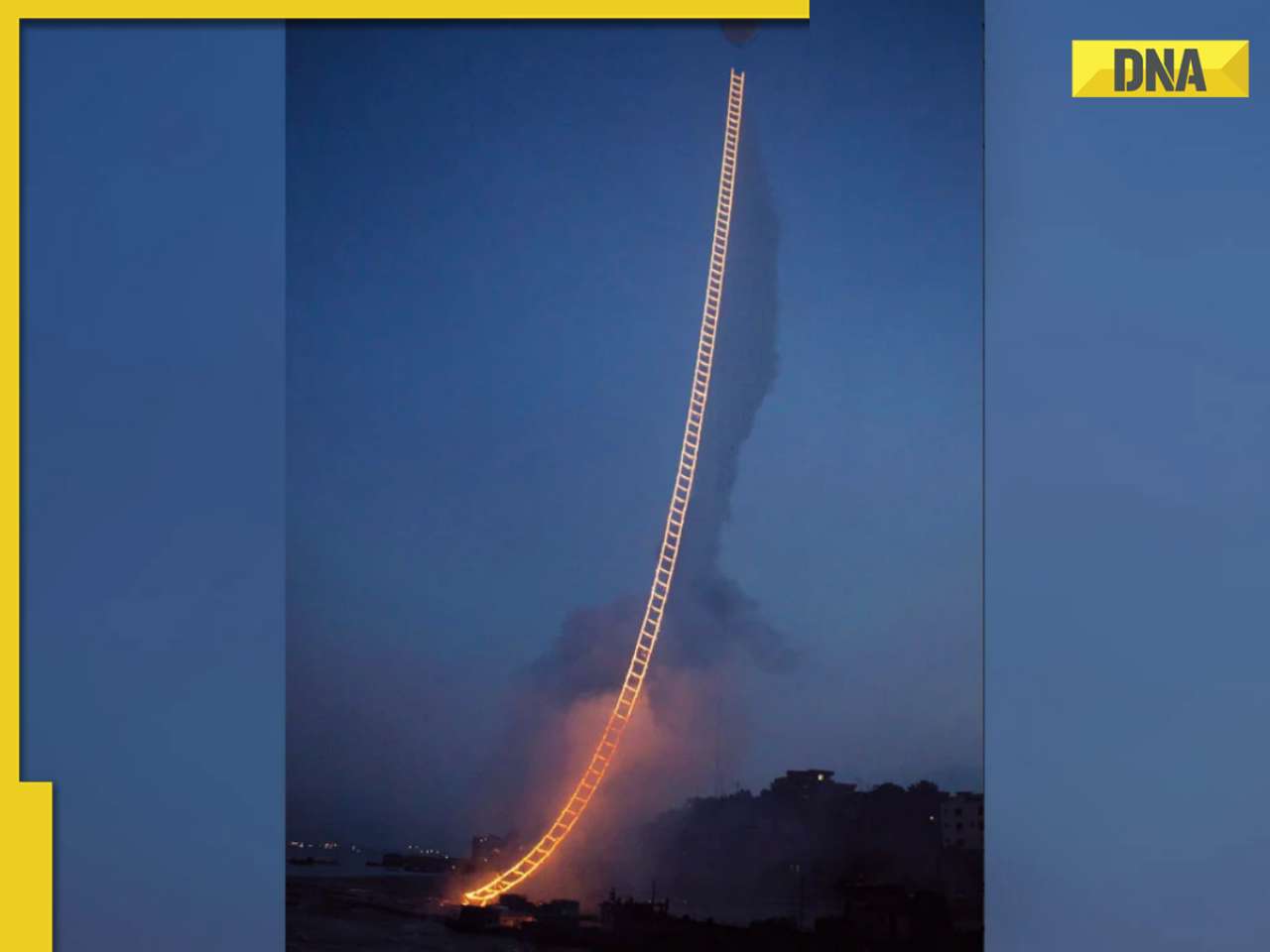













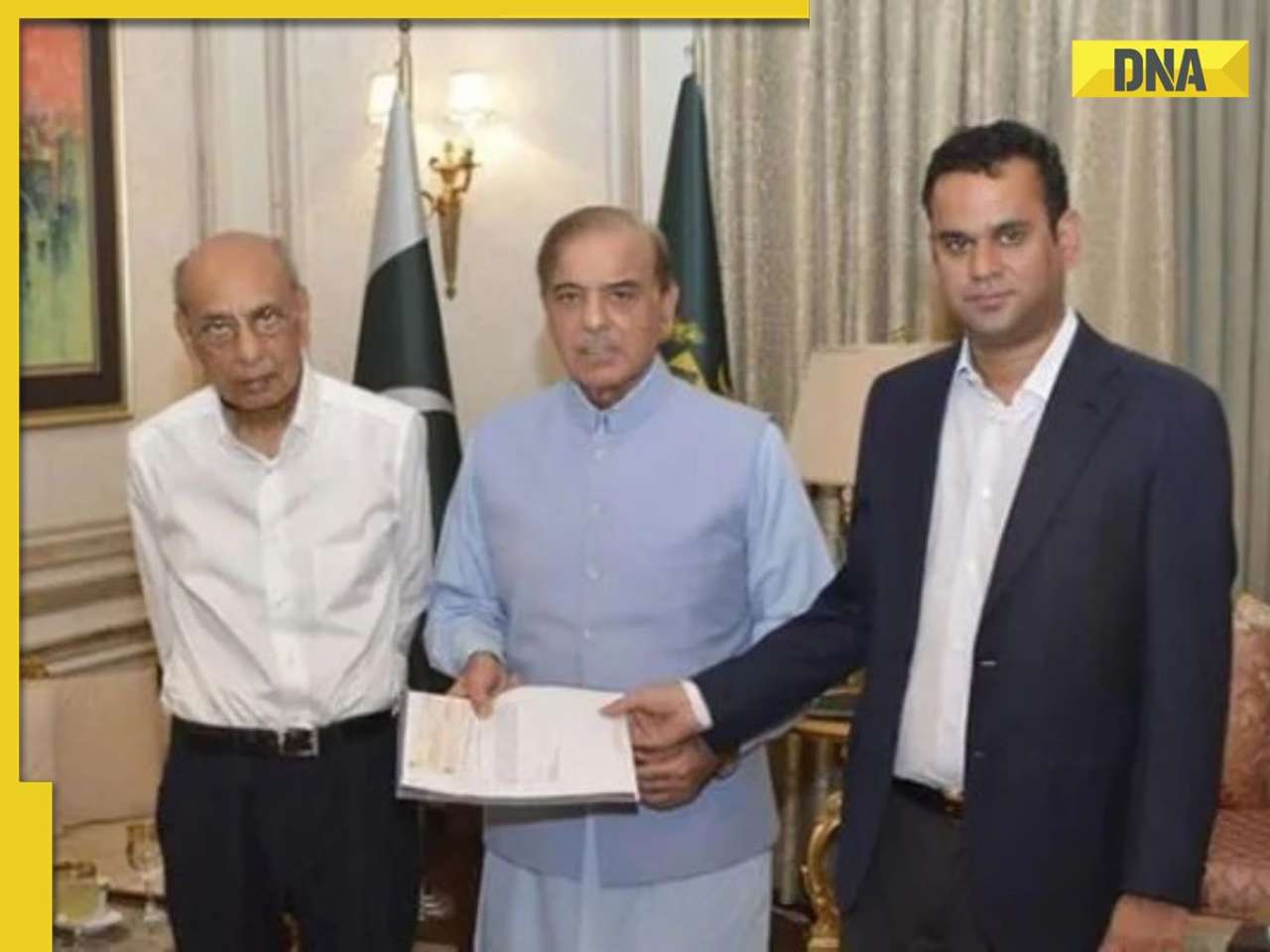








)
)
)
)
)
)